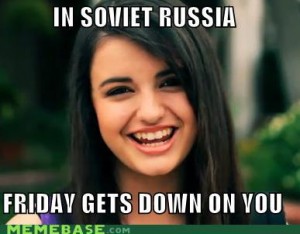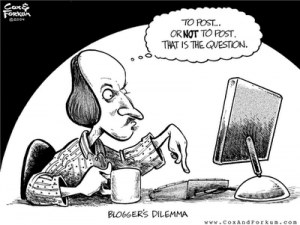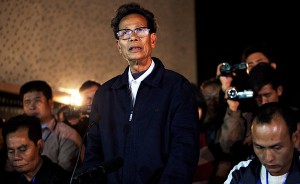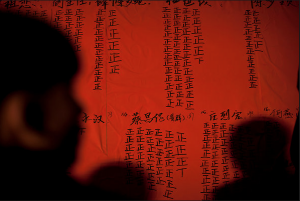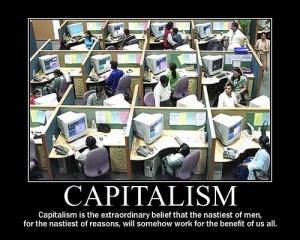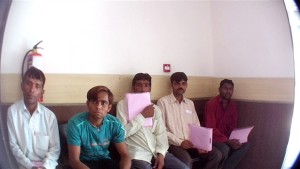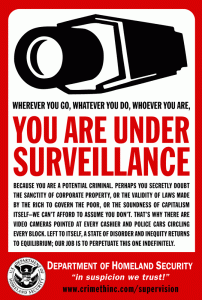Many people try and avoid wasting time on a non-so-worthwhile book by reading book reviews online, and checking out the top book lists, bestsellers. More often than not, we are persuaded by the number of copies sold, or by the many stars beside the book’s name in a magazine. Of course, with the widespread interest in choosing “the one” book, there will be many standards as well for measuring their merits or demerits.

One of the most well-known measures is of course that of the New York Times Bestseller list. The list is known to represent the popularity of print books including that of “independent book retailers; national, regional and local chains; online and multimedia entertainment retailers; supermarkets, university, gift and discount department stores; and newsstands”. As for e-books, online vendors are being evaluated. It is therefore a seemingly very comprehensive method of measurement when it includes a variety of sales venues. However, there is always a catch.
“Titles are included regardless of whether they are published in both print and electronic formats or just one format”. Of course, the problem is of double counting, since many books allow for alternative format once one format is bought by a consumer. Another big problem is that “among the categories not actively tracked at this time are: perennial sellers, required classroom reading, textbooks, reference and test preparation guides, journals, workbooks, calorie counters, shopping guides, comics, crossword puzzles and self-published books”. A lot of times, these categories account for more copies sold than retail. Is that a fair accurate exclusion? I think not.

Another problem with the methodology of data collection is that it is done in confidentiality between publishers, and is reported by a third party accounting services called Royalty Share. On the official website of the New York Times Bestsellers list, there is no detailed mention of the exact methodology used. The company claims it is a trade secret. The credibility of these ratings is definitely questionable due to possible conflict of interests and backdeals that may exist due to this lack of transparency.
With the success of the New York Times Bestsellers list, comes the inevitable want to overcome its success by its competitors. Another bestsellers list that exists is that of the Globe and Mail Bestsellers list.
“The weekly fiction (hardcover and paper) and non-fiction (hardcover and paper) lists are complied by the Globe and Mail using sales figures provided by BookNet Canada’s national sales tracking service, BNC SalesData, and from bookstores across Canada”. Seemingly, all bestsellers list hire third party tracking services to conduct the survey work. Little is said about the methodology used to obtain the information and categorize the books, unfortunately. The credibility of these bestsellers list seem to be based on the renown media influence of the company itself.

However, with the arbitrary categorization, the lack of transparency in the methodology of data collection, and the unjustifiable exclusion of certain vending methods (like that of wholesale, and educational purposes), it seems that the data obtained is inconclusive. I would recommend instead, reading the book reviews of the top 100 lists, and decide for yourself. Check the first link below for an example. I recommend it since they are ranked in no particular order, with a variety of genres to choose from, which seems more credible and unbiased. Enjoy!
http://www.theglobeandmail.com/news/arts/books/the-globe-100-the-very-best-of-2011/article2248133/
Sources:
http://www.theglobeandmail.com/news/arts/books/bestsellers/
http://www.nytimes.com/best-sellers-books/overview.html
http://www.iblist.com/list_by_rating.php?type=book
http://www2.macleans.ca/2011/12/08/review-maclean’s-top-20-books-of-2011/



